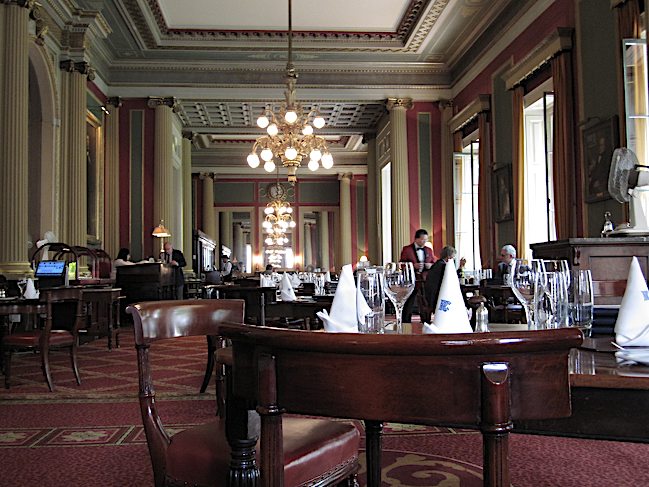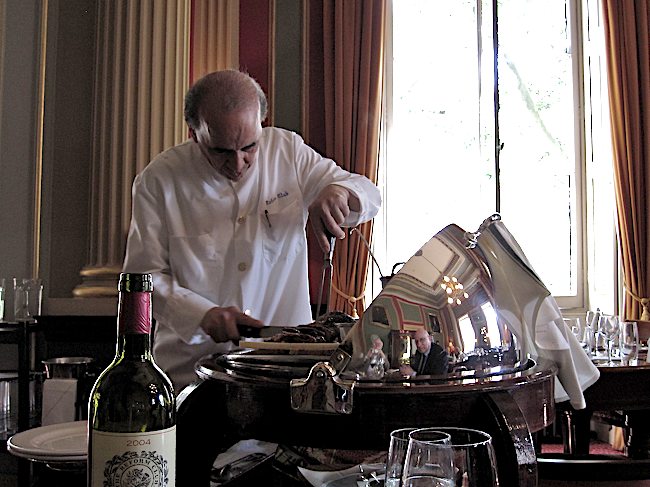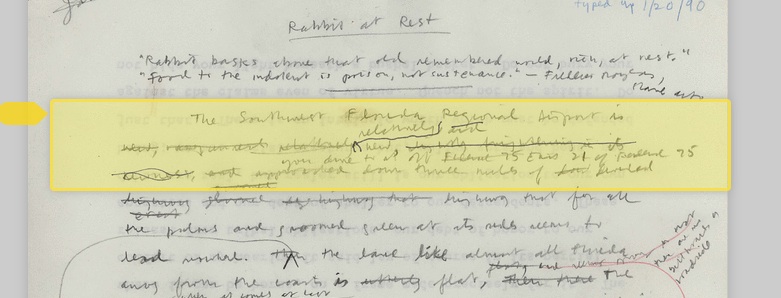We come to the North Norfolk coast a lot, for the very good reasons that it’s beautiful, peaceful and within 75 minutes’ drive of where we live. But yesterday morning, bending down to pick up my walking boots prior to setting off, I pulled a muscle in my back and wound up hobbling around with a walking stick. It happens occasionally — often when packing to go on holiday (so I ought to be alert to it by now) — so I just take painkillers, keep moving and wait for it to go away. Which it usually does in about three days.
What it meant, though, was that the long walk we had planned from Burnham Overy Staithe out to the sea wasn’t feasible. But we went there anyway and parked on the Staithe, thinking that we could always read the newspapers and take the air. In the event, I read nothing, but spent a fascinating few hours watching the English merchant-banking classes at play.
It was a truly glorious evening, with a fresh breeze and a cloudless sky. The tide was nearly full when we arrived, and the Staithe, which until then had been mostly slumbering in the sun, had begun to swarm with seafaring (or at any rate dinghy-sailing) life. It was mainly families and kids, wheeling dinghies down to the water, setting up masts and sails, chattering and shouting (and sometimes bickering) before pushing off for an evening’s sailing. Watching the kids reminded me that this is where Horatio Nelson — who was born a few miles away — learned to sail a dinghy at the age of 10.
I once took a dinghy-sailing course, so I know what a deceptively difficult art it is to harness the wind to propel such a flimsy craft in a desired direction. I was hopeless at it, which meant that I was able to view the scene with a sympathetic but marginally informed eye. Some of the solo sailors were wonderful to watch — intuitively coaxing the last ft-lb of thrust from the wind, pushing their tiny craft to the edge of capsizing, leaning far out and waiting until the last possible moment before coming about. There’s a marvellous rhythm to expert dinghy-sailing, but it’s entirely intuitive — which is why it’s probably best learned at the age of ten rather than at the age of 50 (as in my case).
 To reach the sea — or even Brancaster Harbour — from Burnham Overy Staithe you have to sail up the creek. For a dinghy sailor this means not just tacking to and fro across a narrow winding stretch of water, but also zig-zagging round the larger boats that are moored to buoys in the creek. And dodging incoming boats as well. So, as the creek filled up with more and more sailors anxious to catch an evening’s sailing, the opportunities for ignominious collisions increased dramatically.
To reach the sea — or even Brancaster Harbour — from Burnham Overy Staithe you have to sail up the creek. For a dinghy sailor this means not just tacking to and fro across a narrow winding stretch of water, but also zig-zagging round the larger boats that are moored to buoys in the creek. And dodging incoming boats as well. So, as the creek filled up with more and more sailors anxious to catch an evening’s sailing, the opportunities for ignominious collisions increased dramatically.
And yet, there were surprisingly few mishaps. One pair of chaps in their mid-twenties were clearly not up to the challenge posed by their gleaming new Laser dinghy, and suffered a humiliating capsize or two. Later, we saw them being towed back to base by an obliging chap in a big, old-fashioned fishing boat. A middle-aged couple — she portly and confidently bossy in a classic English upper-middle-class way; he tall and thin with a military bearing and the kind of moustache one only used to see in the Blues and Royals — bickered noisily as they endeavoured to rig out their ancient boat; eventually the husband pushed the boat out and left his wife to it. She turned out to be a modestly competent sailor and disappeared from view.
Gradually, the creek quietened as the flotilla made its way to the sea. In the distance one could see upwards of a dozen white or red triangles sailing back and forth round the harbour. In a couple of hours they would be back and the Staithe would be busy again — with tired and hungry children, and sailors who’d had the kind of enjoyment they dream about in the long winter evenings. But for us it was time for supper: we were booked in at the hotel for 8pm. As we drove away I reflected that while we might not have had the walk that we had planned this morning, we had been reminded of the value of simple pleasures: the sound a boat makes as it cuts through the water with nothing to propel it other than the wind; the satisfaction of feeling the sheet tauten as the sail fills; and the beauty of this strange, flat, unforgettable place where Nelson learned to sail.










